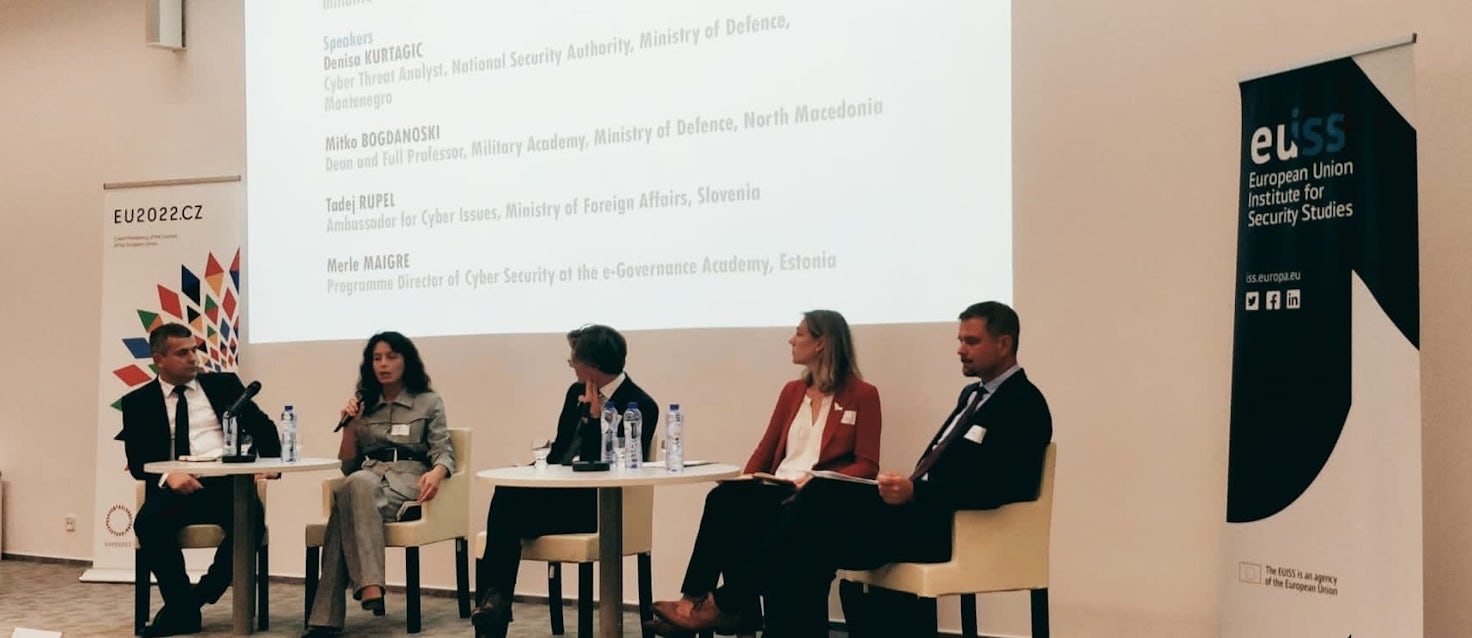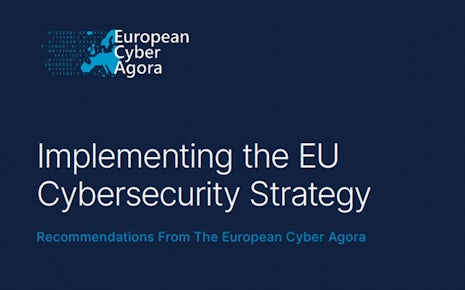On 27 September 2022, the EU Institute for Security Studies organised an action-oriented dialogue between the European Union and Western Balkans in collaboration with the Czech Presidency of the Council of the European Union.
Following the rapid digitalisation and the exponential growth of cyber-attacks, strengthening the cyber resilience of the EU and the Western Balkans partners has become both an essential enabler of sustainable growth and an urgent precondition for the security of the whole European continent.
Despite growing geostrategic challenges, progress has been slow towards developing adequate regulatory frameworks, establishing new institutions and enhancing operational capacities to respond to cyber crises. Building collective resilience will require integrating cybersecurity into broader national and regional development strategies, and a sustained financial and operational commitment to building institutional, political, regulatory and technical capacity.
This event, attended by officials and representatives of the Western Balkans Region, as well as EU institutions, member states, and key partners and stakeholders, aimed to consider the current state of cooperation while advancing a concrete and action-oriented agenda that builds on the past engagements between the EU and partners in the Western Balkans. While the partnership between the EU and the Western Balkans on cyber has grown stronger in recent years, technical cooperation has not yet been leveraged into enhanced political cooperation.
The dialogue started with a discussion on some pressing challenges and was followed by a panel chaired by EU Cyber Direct Outreach and Public Engagement Coordinator Nils Berglund. During the panel, participants put forth some mechanisms to address such challenges, including the establishment of POCs, closer involvement of Western Balkans partners and agencies in EU-led practical exercises, threat assessment-sharing or expert exchange schemes, and pursuing closer cooperation and integration on legal and regulatory processes on cybersecurity such as the NIS2.



